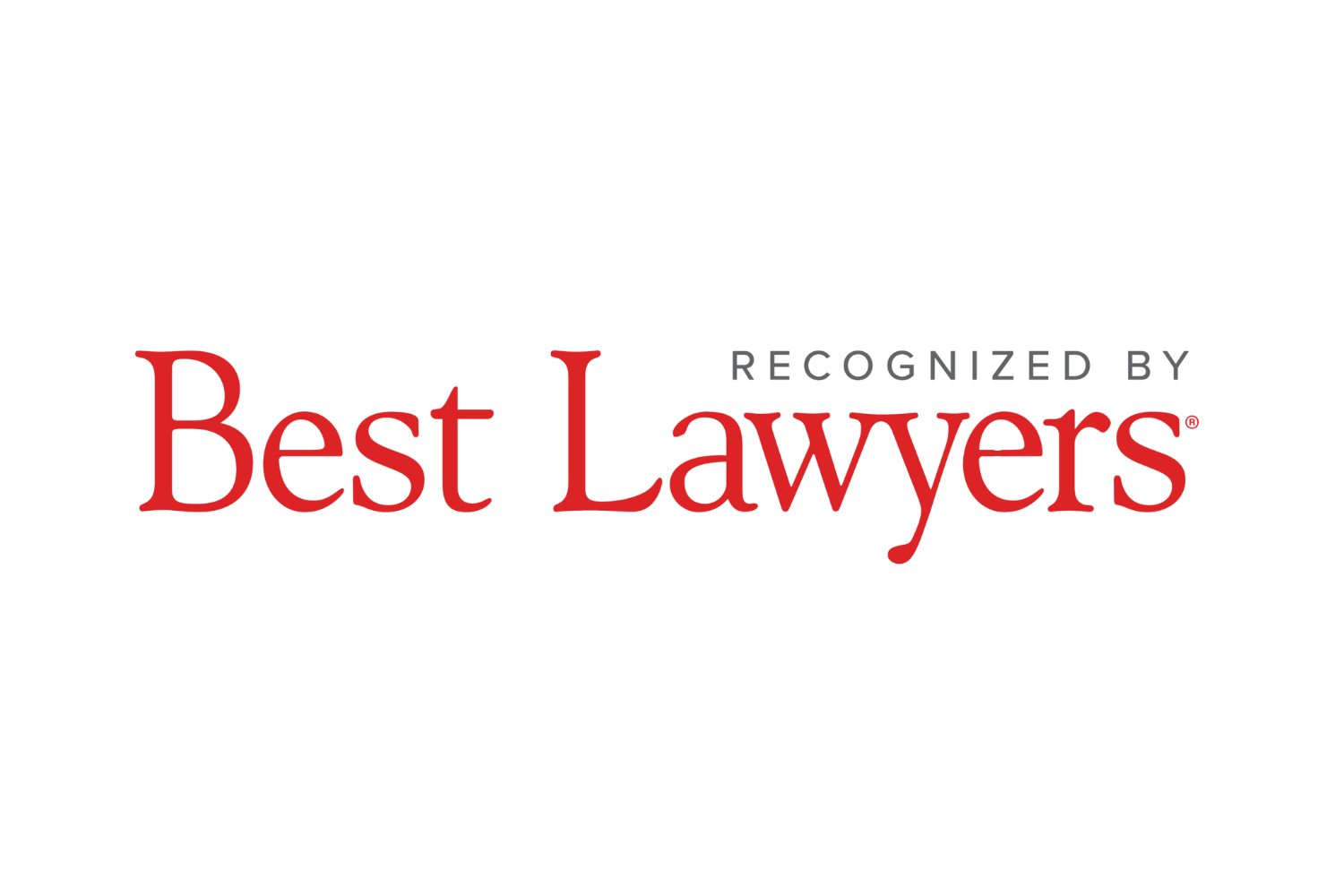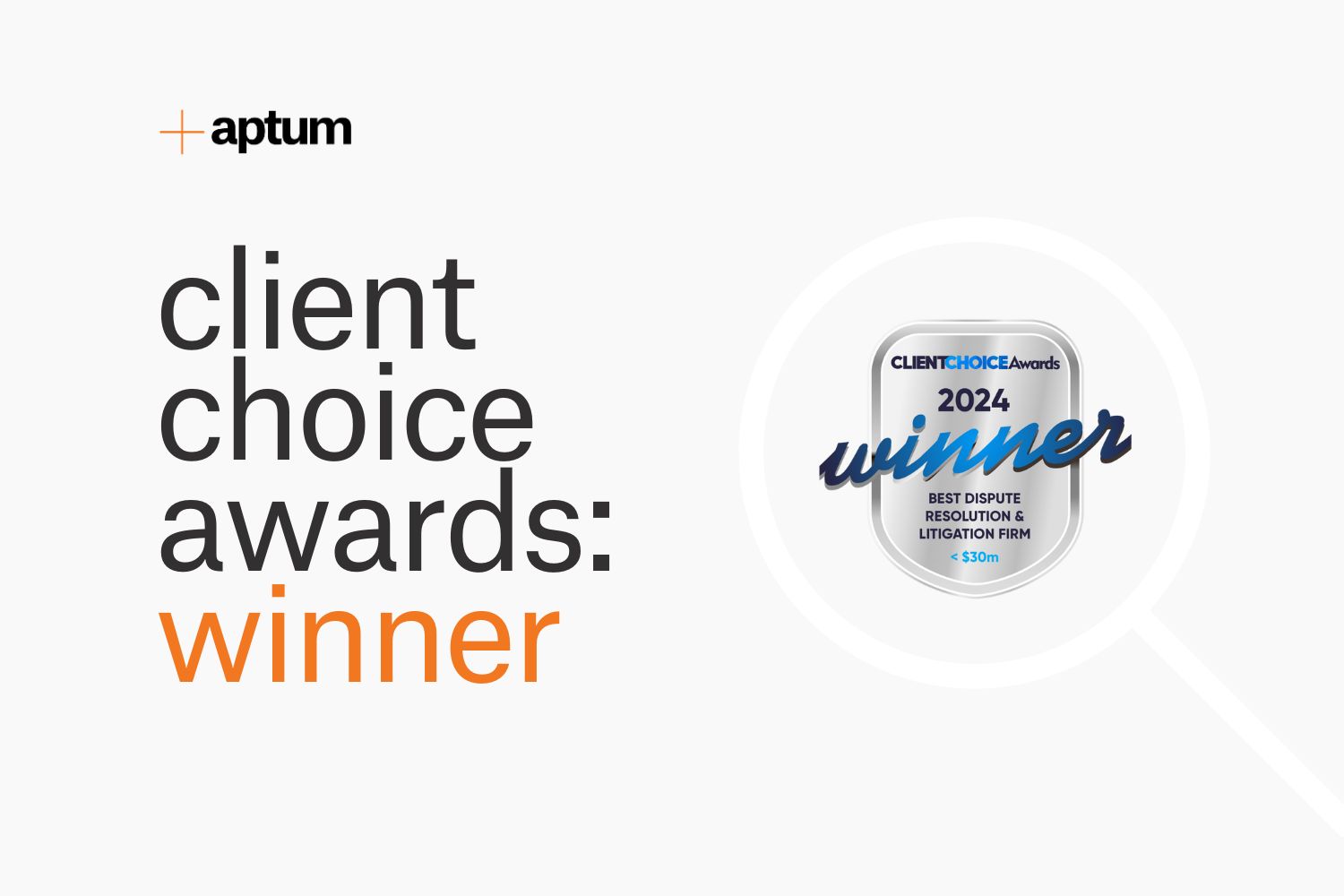As an in-house legal counsel, litigation and disputes can be tricky to manage because they often arise with short, or no notice. When this happens, you are forced to manage them within strict timeframes whilst also juggling your day-to day responsibilities and other competing projects that are the main focus of the business.
Having been through that myself as an in-house counsel, and now working as a litigation specialist, I wanted to share a few tips for in-house counsel so that you can put in place a framework to plan for the litigation process.
The tips are:
1. Be clear on internal roles and responsibilities
2. Understand the commercial drivers of your business as they relate to the dispute
3. Identify the universe of materials and evidence you will need to manage
4. Be prepared for discovery
5. Be conscious of Legal Professional Privilege (LPP)
1. Be clear on internal roles and responsibilities
Before you jump into sending too many emails and engaging too many stakeholders, you need to sit down and think about who needs to be involved in the litigation process, and who will be required to sign off on decisions along the way. The task is to figure out who will form the team that manages and assists with this litigation.
Your company may already have established authorisations and delegations’ guidelines or policies, but otherwise this is something you should create or establish (or update) very early on. Doing this will provide clarity to the people in your business about the decision-making process and ultimately who is responsible for making core decisions in the dispute.
You should also consider who the key stakeholders are for the dispute. For example, when it comes to settlement, it’s important to not just think about the decision maker, but also the other parts of the business that are going to be affected. You might have the CEO or Managing Director signing off on the ultimate settlement decision, however, you may also need to align with finance or tax department on the cash flow or tax implications, to ensure the business is financially prepared for the consequences of the settlement.
If you don’t establish the core decision making team early on and project manage the matter well from the start, you could find yourself making decisions that are not authorised, you could face time delays when seeking guidance key decisions, or even discover later that you’ve made a decisions that wasn’t in the commercial interests of the business.
2. Understand the commercial drivers
In the litigation process, you can add a lot of value by understanding your company’s commercial priorities that arise from the dispute. As the project manager of the dispute, your role as in-house counsel is to be able to communicate these commercial implications of the disputes to external counsel so they can be addressed accordingly through the litigation process.
External counsel need to understand the risks and opportunities from the business’s perspective. Does the dispute have a huge impact to the way the business operates, or is it only a small risk or opportunity? Will the position you take in the dispute impact certain transactions or relationships? With this information, different strategic approaches can be taken to how the dispute and the litigation is managed.
For instance, if you have a dispute relating to a customer’s unpaid debt, one approach could be to aggressively pursue the debt, whereas the sales team may be pushing to reengage that customer or sign a new contract with them. Competing interests can exist and you need to understand the bigger picture of your involvement in the dispute.
I also find it helpful think about litigation as a line on the balance sheet. If you’re a plaintiff, litigation can be an asset for your business. If you’re defending a claim, a dispute can be a contingent liability. This kind of framing and language helps to connect the dispute back to the business’s objectives and give it commerciality, rather than it being viewed internally as simply a legal matter involving facts and evidence.
3. Identify the universe of materials
You will need to identify and understand the breadth of the materials and evidence relevant to the dispute and litigation. This will push you to understand early if there is any missing information, and who will be required to assist.
Unless your business has a clear policy on who swears affidavits and who will swear witness statements for the purpose of litigation or a dispute, a lot of businesses tend to turn straight to the Managing Director or senior management to provide evidence.
Instead, you want to look to the most relevant people in your business to provide evidence. If you have a dispute about an incident, you want the person who was there at the time of the incident, who witnessed the incident, who can speak to the incident, and can provide context.
If you have a dispute about the meaning of a clause in a contract, you want the person who wrote the contract, but you also want the person who was there negotiating the contract, and the person who was using the contract to provide some context about your business’s position.
You also need to be mindful about delaying this process. If you keep the information and evidence gathering process to a later stage, you might discover that:
- your evidence is not as strong as you believed;
- the person who needs to provide that evidence or information is on leave or is no longer in the business; or
- your business hasn’t retained the information that you planned to rely upon, or the information doesn’t in fact exist
4. Prepare for discovery
There are a few processes that I recommend for the discovery process.
Ensure you have a legal hold policy/ direction: There needs to be a communication from you or the legal team to the business that a dispute is live, and that documents and records must not be deleted. You want to avoid the situation where you discover a document, only to later realise that you no longer have it when the other side requests it from you.
Work closely with your IT team (and do so from the start): Discovery involves more than just looking through hard copy files. It involves finding documents that have been archived elsewhere, that could be on old computer systems, old servers, and digital folders that are no longer used. Engaging with your IT team early will ensure that they can aid you with this search, and are prepared to help you locate information when required.
Have a retention policy: You need to be able to prove to the Court or the other party that your business has properly maintained its records, in the event that your discovery is ever challenged. If your business doesn’t have a policy in place about how information is retained, you need to implement one right away.
5. Be conscious of Legal Professional Privilege (LPP)
LPP attaches to documents and communications created for the dominant purpose of legal advice or for litigation. Your role as in-house legal counsel is to manage and protect LPP before and during the litigation process.
Quite often, LPP can be waived when too many people are obtaining copies of advice and legal documents when it isn’t relevant to them. In a recent Court decision, it was found that in a ‘reply all’ email chain, each communication is treated separately, and anything not directed to and from the lawyer may not attract LPP.
This reiterates the importance of having a tight team working on the matter, with clear protocols about what information can be shared. Ensure that everyone is aware of what information can be passing on, and if there is ever any doubt, that you should be consulted as to whether LPP applies.
This article was written by Eric Maben, Senior Lawyer at Aptum. Before joining Aptum, Eric spent three years as an in-house Corporate Counsel at a large international, and prior to that, he spent 10 years at the ATO in Principal and Senior Lawyer roles.
To talk with Aptum about your commercial or tax dispute, contact us here.




